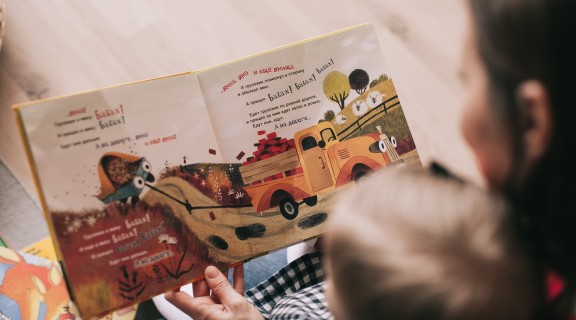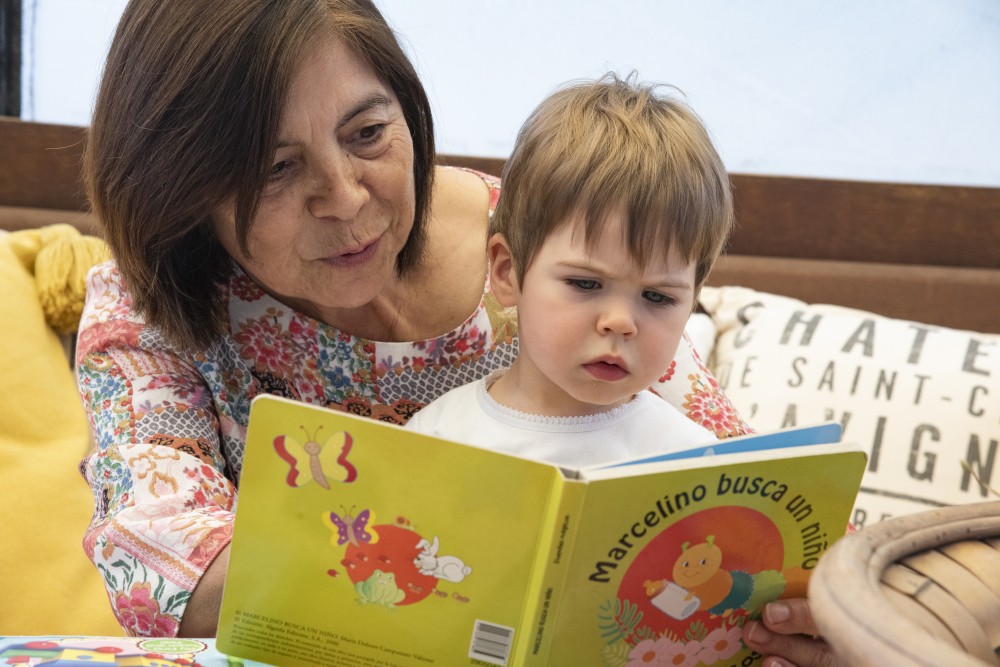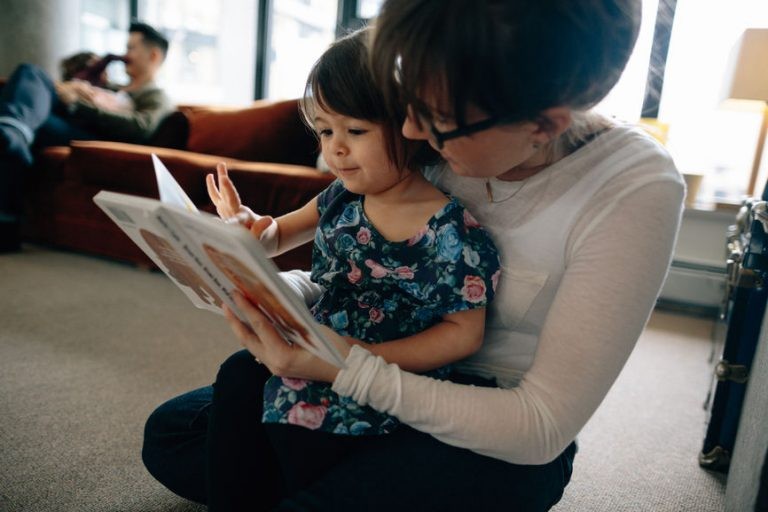
Speak to your child in the language you know best
13 March 2020 | State Library of Queensland
With Harmony Week approaching, it’s a good time to remember that conversations with your child in any language work towards building lasting connections in their brain. Talk, read, sing and play with your child in the language you know best. Decades of research confirm that children learn better in the language of their home or community¹.

Talk, read, sing and play with the children in your life in your own language.
Heritage language provides best results
Talking and reading to children in your first language provides the rich and complex language exposure children need to excel at English.
Parents from non-English speaking backgrounds may struggle with sharing English. Using an unfamiliar language can limit the words you use and the enjoyment you get in sharing stories with your child. No matter what language you use, the skills your child gains in talking, reading, singing and playing with you translate to the classroom.
It’s all about sharing
Parents who are unable to read can still share their language through talking about the illustrations, singing and playing using your first language.
Wordless picture books are perfect in every language. Titles include: Field Trip to the Moon, Flora and the Peacocks, Owl Bat, Bat Owl, and Island. The joy and love of sharing a book helps your child to develop a love of learning and also gives their brain development a boost.

Sharing language with children from birth helps them to develop a life-long capacity to learn not only their own language, but any additional languages.
Share your language at home by:
- reading books aloud
- talking about the stories you read together
- singing songs
- keeping greeting cards, magazines, and newspapers and talking about what interests you and your child
- playing games, puzzles, and music in your language
- encouraging your child to use your language to tell stories
- teaching them new words and pointing out and naming objects.
Join in the celebrations this Harmony Week during 15-21 March and check out books and resources at your local library. Many libraries have their own collection of books in languages other than English or you can ask them to arrange a loan of the language you prefer.
References
American Institutes for Research (2015) Language in Learning and Literacy: Native Tongues First
Comments
Your email address will not be published.
We welcome relevant, respectful comments.